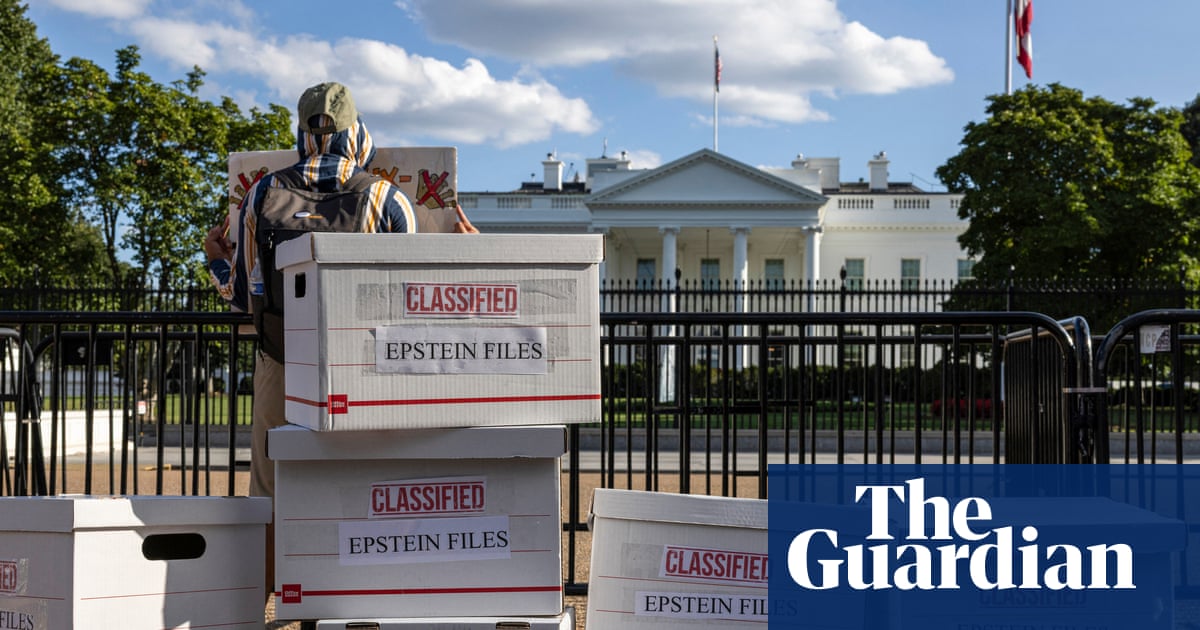The US has backed down in its tariff war with China. Thanks to Donald Trump’s egotistical diplomacy, rare earths can again flow one way, soya beans the other, and less of the chemicals used to make fentanyl in between. No matter that the war was Trump’s own idea and seems to have been a stunt. The stunt is over. Trump has played his favourite game of dealmaker, much to the discomfort of millions.
Meanwhile Britain still cannot make up its mind if China is its enemy. In 2008 British officials visited the Beijing Olympics authorities to discuss the next games in London in 2012. The government told them to “raise” human rights issues, about which the British government was most concerned. I am told the Chinese reacted with sympathy at the Britons’ embarrassment at broaching the matter, and then everyone got down to business. Soon China was a friend, certainly to David Cameron and George Osborne.
Not today. China is now a much-enhanced world power, and in the eyes of some, a threat to Britain’s national security. The recent confusion over whether two British officials were Chinese spies has largely and absurdly revolved around whether the Chinese “threat” was greater to a Tory government than to a Labour one. China was clearly recruiting spies everywhere, as do most countries. It sought a huge London embassy, befriended Prince Andrew and required Boris Johnson to send two aircraft carriers to patrol the South China Sea.
Pompous countries crave enemies. They have large military empires heavily reliant on them, empires fiendishly resistant to dismantling. After the fall of the Soviet Union a senior advisor to Russian leader Mikhail Gorbachev joked to American officials: “We are going to do a terrible thing to you – we are going to deprive you of an enemy.”
Who is the US’s new enemy? The answer is clearly China. But as Trump has found, it is an enemy with which it is hard to come to terms. It does not send its armies overseas. As it challenges the US for world economic supremacy, it snaps the bond once thought to hold capitalism in the arms of democracy. It gets richer and richer. China’s Brics-plus alliance with India and others has overtaken the G7 in world trade. The Beijing policy expert Henry Wang even mooted this week that a China-led Brics force could police a ceasefire border in Ukraine. It would be a sensational intervention.
GK Chesterton wrote that “those who appeal to the head rather than the heart … are necessarily men of violence. We speak of ‘touching’ a man’s heart, but we can do nothing to his head but hit it.” Trump could yet be that blow to the head. He is forcing Nato to ask itself what it is really about. He is telling the world not to rely on the US to police its conflicts, in the manner trumpeted by Kennedy, Johnson and the two Bush presidents. Washington may be about to turn in on itself and deny its manifest destiny to set the world to rights. After all, it was founded to turn its back on the arguments infesting the outside world.
Since Britain, too, enjoyed global fantasies, it of all nations should understand this. It cannot refuse to come to terms with the new Beijing. Yes, China does terrible things to its minorities. It denies freedom of speech and neurotically spies on foreign states. In the new age of artificial intelligence, China is clearly out to rival the US.
Since this rivalry will probably encompass attacks on other countries’ cybersecurity, it makes sense for any country to guard its digital space. Whether that extends to embassy buildings is a matter for experts. But clearly, to locate a foreign embassy just five minutes’ walk from a centre of global financial intelligence is a bad idea. China must understand this. Would it let MI6 erect a headquarters overlooking Tiananmen Square?
Britain is no longer a superpower and must deal with superpowers, as must all second-division states. But in one respect it is unique. Its soft power is probably equal to none, notably its cultural and teaching assets. It has educated more world leaders – apparently 50 – and takes in more Chinese students than any other country including the US. It also welcomes half a million Chinese tourists a year, many drawn by aspects of British popular culture. We do not measure soft power, but its influence cannot be negligible – and is certainly profitable.
It is therefore absurd that the British government is planning to splurge billions more on defending Britain from a purely notional third world war. At the same time it is slashing the budget of its overseas cultural institution, the British Council. The council is being forced to withdraw from 60 countries and sell its entire property portfolio.
after newsletter promotion
The message of current events in China is simple. The world has changed from the one on which Britain has long founded its foreign and defence policy. It needs to reassess the impact its limited power may still have on the world outside. That must include getting on well with China, and not hyping it as an enemy.
-
Simon Jenkins is a Guardian columnist
-
Do you have an opinion on the issues raised in this article? If you would like to submit a response of up to 300 words by email to be considered for publication in our letters section, please click here.

 German (DE)
German (DE)  English (US)
English (US)  Spanish (ES)
Spanish (ES)  French (FR)
French (FR)  Hindi (IN)
Hindi (IN)  Italian (IT)
Italian (IT)  Russian (RU)
Russian (RU)  2 weeks ago
2 weeks ago
























Comments